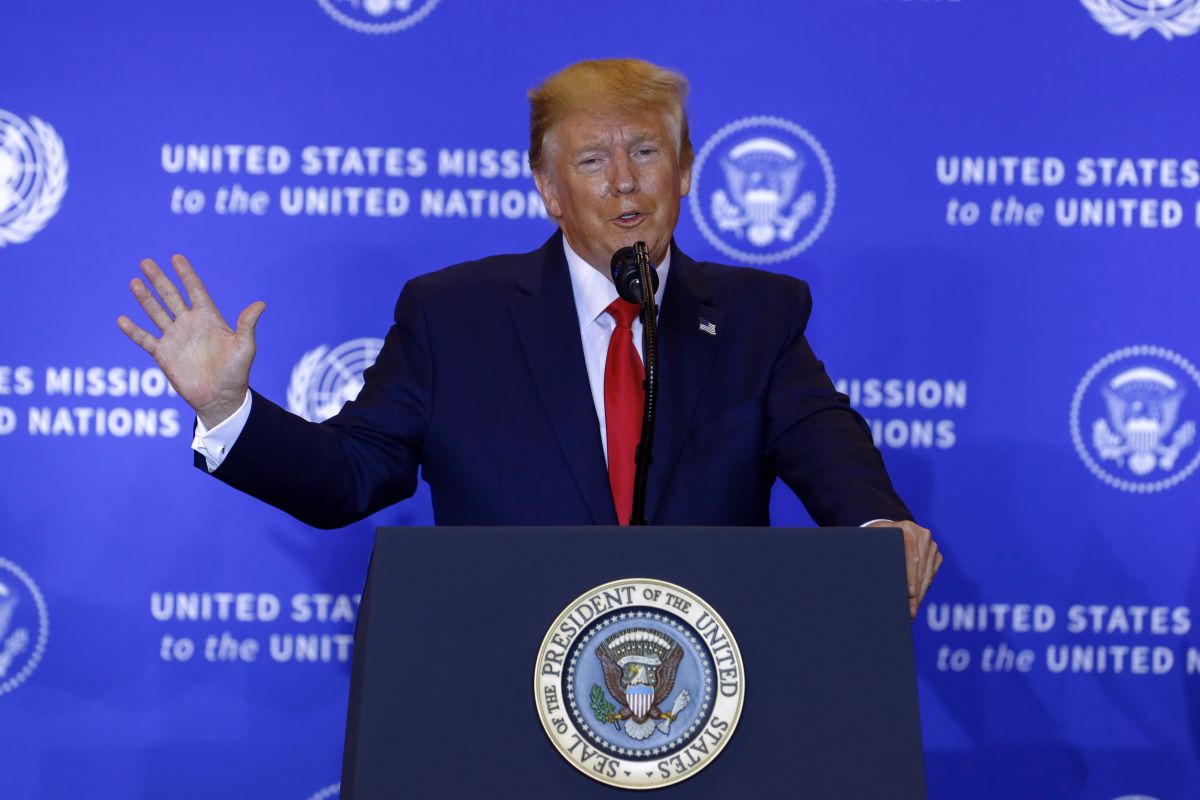Every now and again, the megalomania of Donald Trump finds itself humbled by that amorphous quality called good sense, one that is to be found in insufficient measure in the White House he occupies.
It is difficult to believe that not one of his many advisers tells him of the folly of his ways. But as former staffer John Bolton has revealed, Mr Trump possesses the extraordinary ability of brushing sane advice aside ~ indeed treating it like a builder would an inconvenient zoning restriction and plunging ahead regardless once he has made up his mind.
Advertisement
But unlike building violations which in many jurisdictions can be compounded by paying a fine, Presidential excesses extract a heavy price from those they target. The US administration’s decision some days ago to send home international scholars if their curriculum comprised only online classes in the wake of the coronavirus epidemic triggered shock waves around the world.
It affected nearly a million foreign students, present in the US for pursuit of education and stuck in that country because of restrictions on international air travel.
Except for some rednecks who might support Mr Trump’s protectionist agenda, the decision was opposed by everyone. It met vehement opposition from America’s many universities which are substantially dependent on the higher fee that foreign students pay. It was opposed by American students fearful of a hike in their fees to make up the gap in university kitties. It was opposed by an estimated half million Americans, who find employment because of these foreign students.
It caused consternation among policy makers who see the much-vaunted American education system as a means to express soft power in that foreigners who study in the country become ambassadors for the American way of life. And the decision shocked strategists who saw in this decision confirmation, if this were needed, of the complete American retreat from global engagement under Mr Trump.
Not unsurprisingly, a flurry of lawsuits challenging the decision were filed. Among those aggrieved were Harvard University, the Massachusetts Institute of Technology, and a coalition of state governments, which run public (state) universities. Dozens of big companies and colleges and universities filed “friend-of-the-court” briefs.
In the face of this vehement opposition, the Trump administration was forced to tell a Massachusetts court this week it had decided to withdraw its rule and restore status quo. But even as the world breathed a sigh of relief at good sense having prevailed, Mr Trump’s administration made it clear that the retreat was tactical and not one provoked by realisation that a wrong needed to be corrected.
News agencies quoted an unnamed Department of Homeland Security senior official as saying that the administration still intended to issue a regulation on the matter in coming weeks. It is only July, and there are four months to go for the American presidential election. With Mr Trump on the prowl for what many observers consider an unlikely second term, the world and America must brace itself for what he will attempt next.











